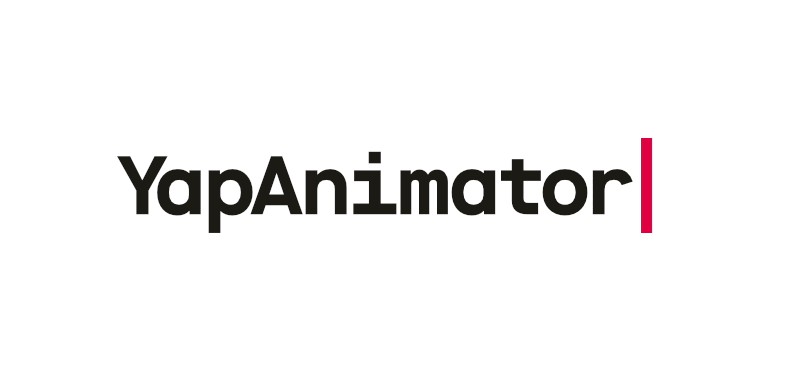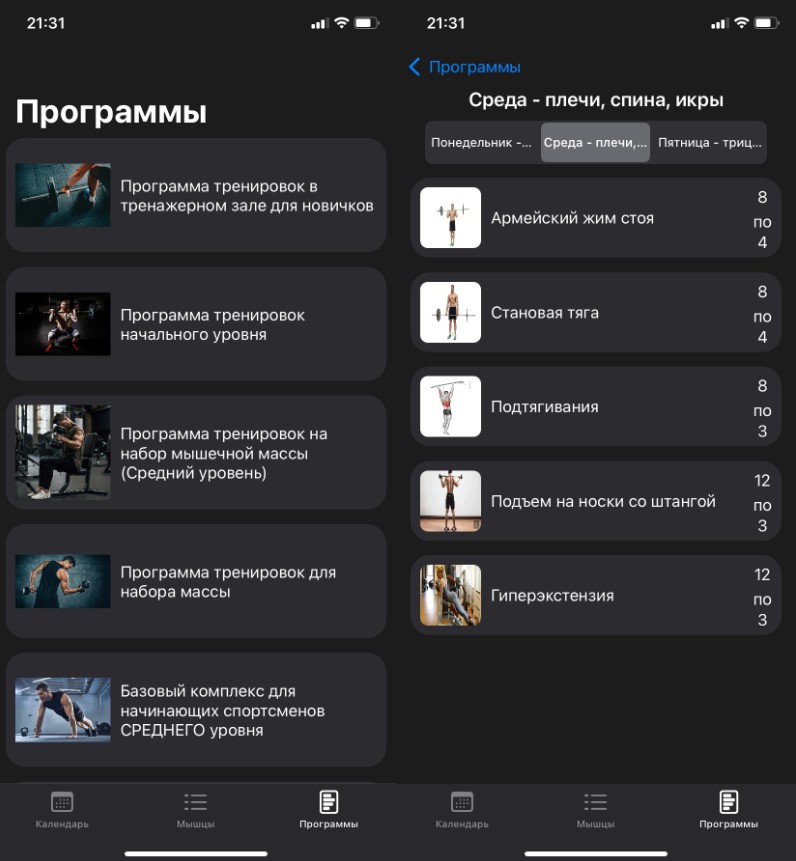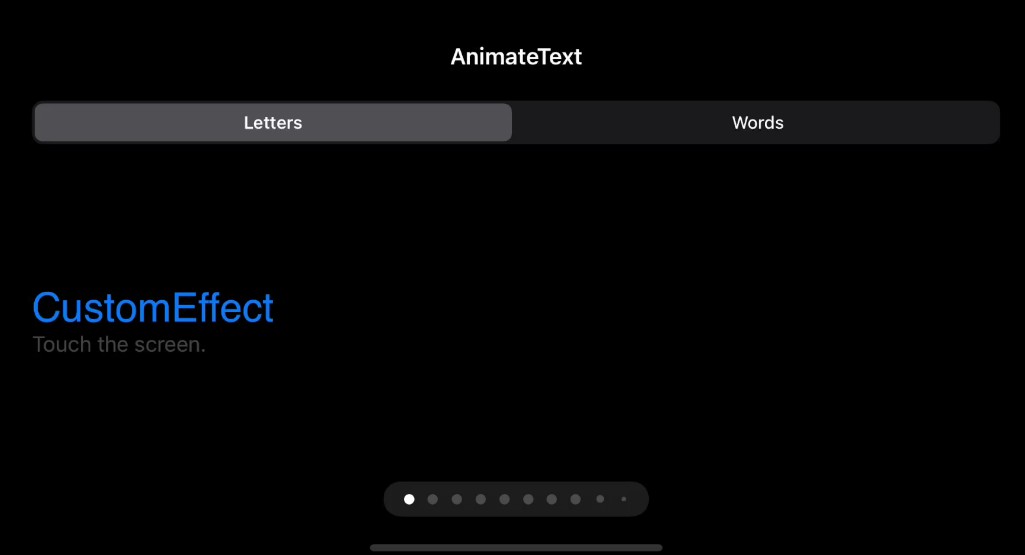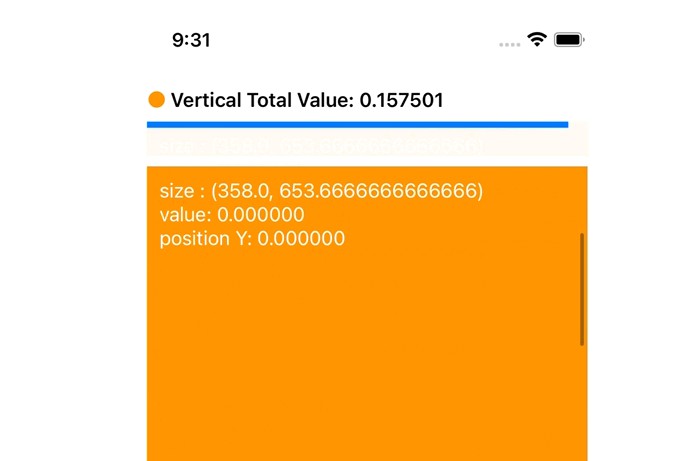YapAnimator is your fast and friendly physics-based animation system. YapAnimator was built with ease-of-use in mind, keeping you sane and your designer very, very happy. All animations are interruptable, include completion blocks, and allow you to apply forces to them (e.g. adding the velocity from a gesture in a transition). We’ve included Animatable protocol conformance for some commonly animated types (CG types), but it’s really easy to add conformance to any other type. You can animate anything that you can represent and compose with an array of Doubles — view properties, music volume, morphing between bezier paths, colors, smoothing brush strokes, the list goes on… use your imagination!
Why use YapAnimator?
Because it’s insanely easy to use and makes beautiful animations, that’s why. There are other physics-based animation systems out there (e.g. UIKit’s spring animations, Facebook’s Pop), but they still require writing too much code, bookkeeping, and hand-holding for our taste. YapAnimator represents a distilled n-th iteration of code that we’ve been using in our own apps for years. We find it invaluable in our day-to-day and think that you will too.
Built-in Extensions
YapAnimator comes with a handy extension bolted on to CALayer and UIView/NSView, providing one-liner animations under the animatedLayer and animated properties, respectively.
func handle(gesture: UIPanGestureRecognizer) {
if gesture.state == .began {
squircle.animated.cornerRadius.animate(to: squircle.bounds.width / 2.0)
squircle.animated.rotationZ.animate(to: .pi)
else if gesture.state == .changed {
squircle.animated.position.instant(to: gesture.location(in: nil))
} else if gesture.state == .ended {
squircle.animated.position.animate(to: self.view.center)
squircle.animated.cornerRadius.animate(to: 0)
squircle.animated.rotationZ.animate(to: 0)
}
}
Custom Animators
Creating a custom animator is straightforward:
initialValueThis sets the initial value of the animator and informs it what type it will be animating.willBeginCalled just before motion starts. Return the actual value of the property that you’ll be animating. This allows the animator to sync up with that value in case it was changed outside of the scope of the animator. (optional)eachFrameCalled each frame of the animation — this is typically where you’d apply the animator’scurrent.valueto the property that you’re animating. You can also use it to check values to trigger other actions / animations.
frameAnimator = YapAnimator(initialValue: square.frame, willBegin: { [unowned self] in
return self.square.frame
}, eachFrame: { [unowned self] (animator) in
self.square.frame = animator.current.value
})
frameAnimator.bounciness = 1.5
frameAnimator.animate(to: square.frame.insetBy(dx: -50, dy: -50), completion: { animator, wasInterrupted in
if !wasInterrupted {
// animate back to the original value
animator.animate(to: animator.current.value.insetBy(dx: 50, dy: 50))
}
})
Questions?
Feel free to ask your question in an issue. We will respond there, and amend this read me/start a wiki if the answer seems like it would benefit others.
Credits
YapAnimator is owned and maintained by Yap Studios.








